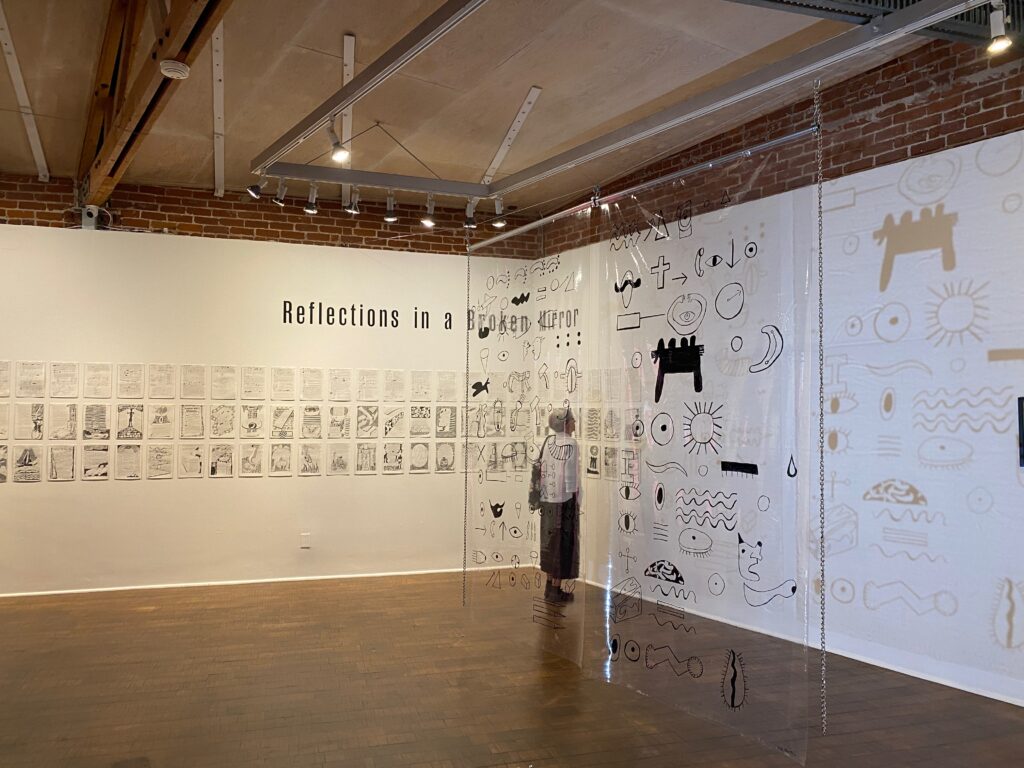
Craft Contemporary presents Economics of Suffering: Part IV, the final installment in artist Linda Sibio’s interdisciplinary project that combines intensely intricate drawings, paintings, performance, and installation. The exhibition runs at Craft Contemporary galleries on Wilshire through January 7, 2024.
When someone asks you what type of artist you are, how do you like to answer that?
Linda Sibio: Interdisciplinary. I work in different media.
So when you make a choice of which discipline, is it informed by the subject?
Well, I’ll give you an example. This is important. I was doing an investigation into the Holy Wars. And when I started doing this piece, I saw how they doubted that, back during the Holy Wars, I mean, we don’t cut off their limbs, but we might as well. I mean, the kind of torture people have when they’re really poor. And I lived under the poverty line my whole life, except for last year. Okay, so it’s like—it creates so much smallness and psychosis in people. It’s almost like having your hand cut off.
I can’t see a comparison between losing a hand and living in poverty. I understand the psychological effects, but you can – maybe – get out of poverty eventually, but you can’t grow another hand.
I’m talking about the psychological effect of living in poverty.
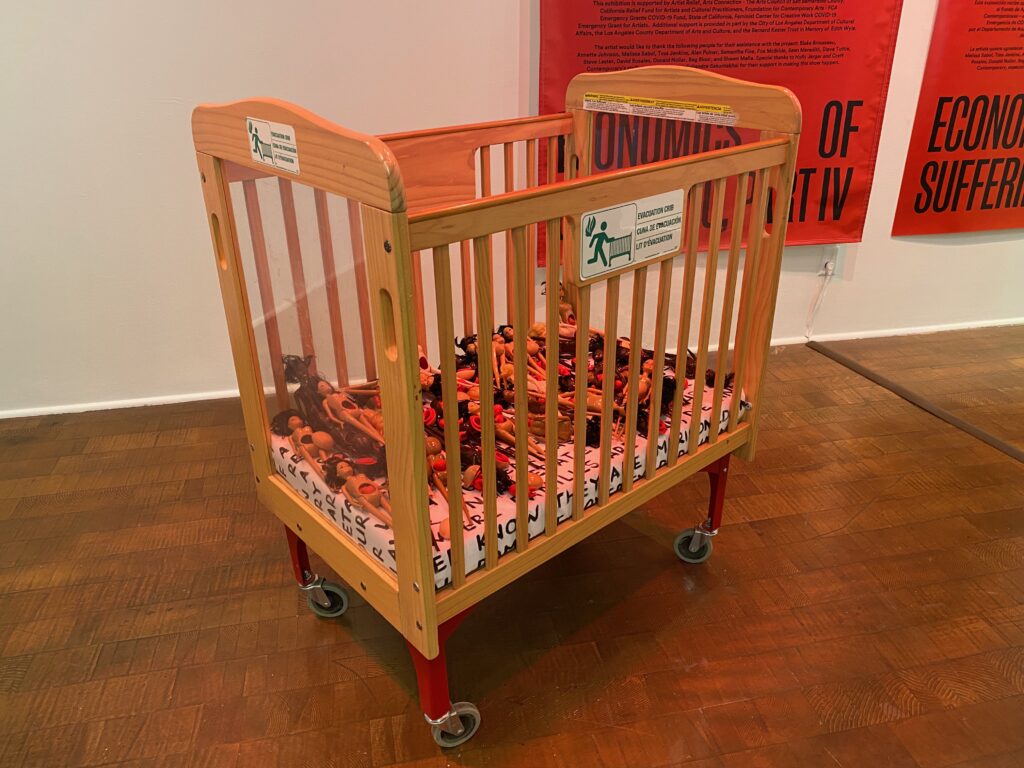
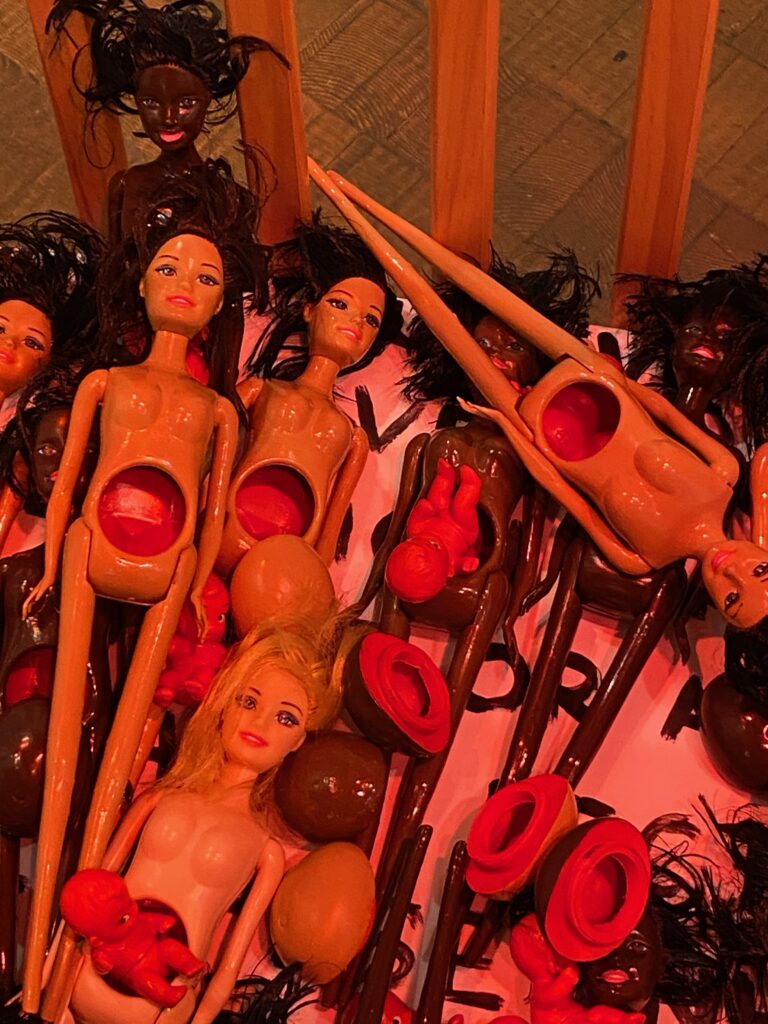
Getting back to your point about the Holy Wars, your examination of that. Can you talk a bit more about what drew you to that subject and how you wanted to explain it?
I got interested into the Holy Wars back when I was interested in this Encyclopedia of Murder. I thought it was interesting, the contradiction between something religious and something violent. Yeah, that’s what I was interested in.
Because it’s hard to reconcile those two.
Yes, it is. And, you know, I found out a lot of things that happen during the Holy Wars still happen today. You know, like, child abuse and child prostitution, and things like that which are happening today. We know about it all the way from the Holy Wars. That’s it. That’s what I’m talking about. We’re not learning from history that weaponization of religion.
Or the eradication of a culture by stealing their children, which is what is happening in Ukraine. So, yes, because then you eliminate that next generation, you would absorb that generation into, say, the Russian culture and then you’re obliterating the Ukrainian in the process.
To get rid of the next generation and things like that.
Can you clarify which Holy Wars, which historical periods you’re researching?
I think the Crusades, the Crusades? Well, I think it was in the 1500s and 1700s. The Crusades that the Catholic Church was launching. That takes violence as a religion. Yeah. You know, in fact, dare I say this, but some religions, some really religiously right people promote violence in the name of religion.
And that’s the conundrum. Right? And I still don’t understand how that is justified. I mean, where’s the language for that?
I don’t know. I believe already, there’s a system of oppression. For your race. My next piece is on the symptoms of religion as oppression, on the symptoms of oppression.
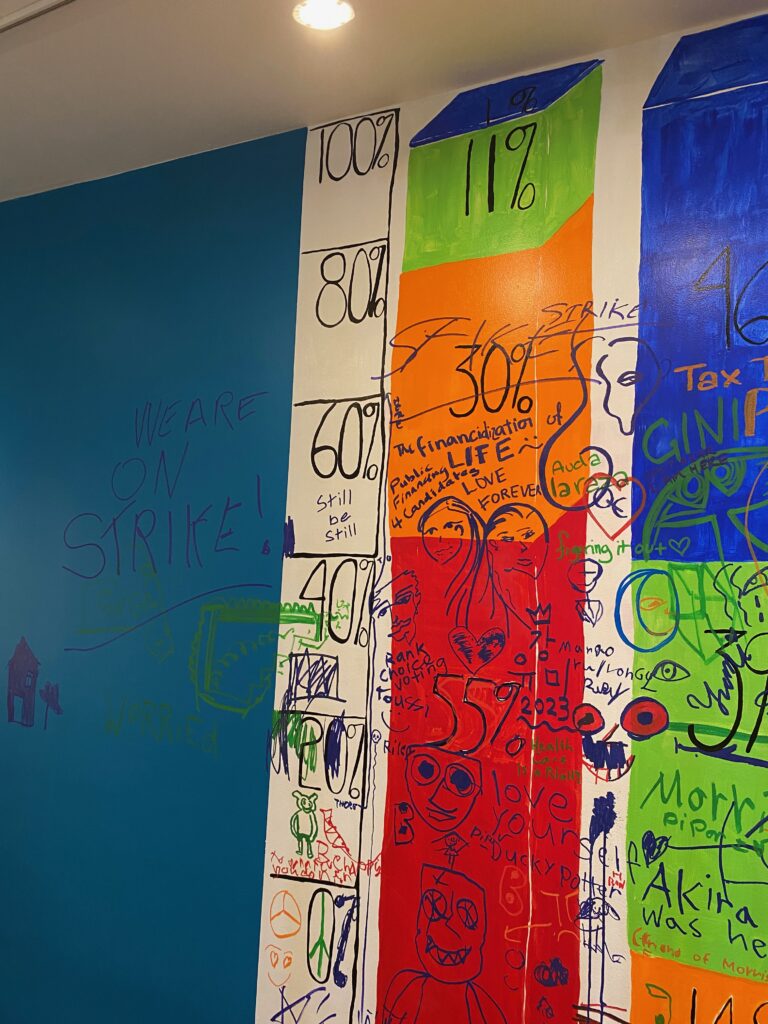
Can you talk about your views and where this came from within you?
I started out happy. My father was in the Korean War. He and my mother had four children and we had a nice little house in West Virginia. And then he died of asthma. And my mother couldn’t take care of the children. So the first six years of my life were with a mother who was dysfunctional. You know, she was really psychotic. And then at age six I went into foster homes. She could not take care of us.
Then she got us back about three years later, so she joins us. During that time when she got us back, she spent all our inheritance – our college fund – on shoes. She was a very violent person. She put herself into a mental hospital in West Virginia, called Lakin State Hospital.
What decade was that?
It was the seventies. Anyway, it was a horrible place to be during the 60s and 70s and they destroyed us, that’s all I will say. So it has had a lifelong effect on me. That destruction of a mother, or suicide, and just the fact that my brother’s widow… I have two brothers. And two sisters. I had a very bad, hard life and that carried in to my adult. life. I lived in New York and three times, people tried to kill me. I mean, will they try to kill me? And I survived all of that to be here, for this show. So I’m gonna survive.
Yeah, that was my personal life which continues. I’ve developed all these theories about trauma and PTSD, and I’ve developed workshops. I also do a workshop called ‘cracked eggs.’ And that gives me a lot of joy because I’m teaching people like my brother and my mother. And they laugh and they make good work. And that gives me a sense of joy. I have a hard time laughing. But what makes me happy? I can’t think of anything right now.
Oh, yeah, well I guess I’m happy when I’m painting, I’m meditating the whole time. And that’s why I do it so much. Because it really gets me out myself and into my work. And with gouache, you have to remember that you can’t make any mistakes. You can’t paint over it. So you have to know what you’re doing, when you start. That’s why you have to know what you’re doing. It’s improv with preparation.
What did you do to prepare? You said it’s a lot of preparation for the gouache painting.
So I come up with the colors, the palette, but not all of the way. What I do is I get the design, from drawings in my notebook, and then I formalize the design, either small or big. And then I look at the painting and I’ll say ‘Oh, this should be red.’ So I paint the red. And then I look at it again. And I said, ‘well this should be pink.’
So you adjust your palette as you go?
Yes. I don’t think of it all together.
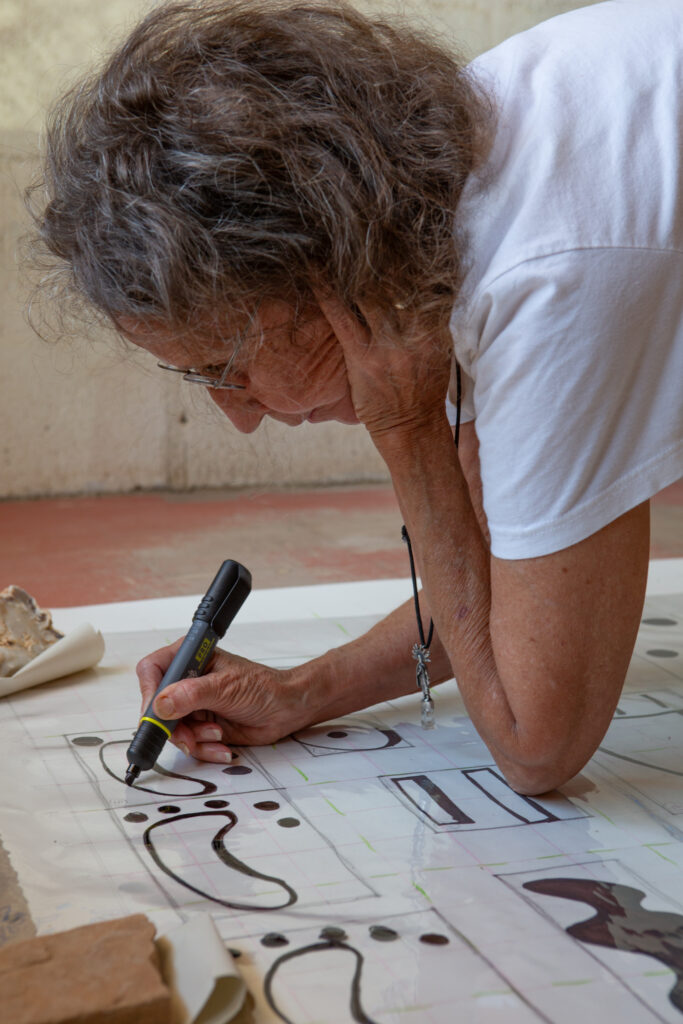
Linda Sibio’s Economics of Suffering, Part IV
Craft Contemporary
5814 Wilshire Blvd
Los Angeles, CA, United States
Runs through Sunday, January 7, 2024.
On the final day of Linda Sibio’s Economics of Suffering: Part IV, on Sunday, January 7, 2024, the artist will premiere her solo performance piece, Wall Street Guillotine, with a soundtrack by NYC-based experimental guitarist-composer Reg Bloor. This special performance will further investigate themes in her solo exhibition, drawing parallels between forms of torture from the Middle Ages and Holy Wars with our current wealth disparity.
ABOUT ECONOMICS OF SUFFERING: PART IV:
In Economics of Suffering: Part IV, Sibio explores the psychological toll of rampant capitalism and diminishing resources on those most vulnerable – the mentally disabled, the elderly, people living in poverty, and other disenfranchised populations suffering from homelessness, hunger, racism, and violence. As the artist describes, “I am interested in how money controls the masses, and forces poverty on people. In this series of works I look at the psychological effects of forced poverty that causes people to age prematurely, have heart attacks at a younger age, and die early; and how low wages cause depression, suicide, and post-traumatic stress syndrome.”
The exhibition includes a range of works: large paintings, multimedia installations and interactive works, and many of Sibio’s ink drawings which embody the conceptual development of her ideas and document the system of “glyphs” Sibio has constructed to form her own, unique visual vocabulary. Having been diagnosed with schizophrenia at the age of eighteen, Sibio has developed her design process from research into the perceptions of the insane, a philosophy she has termed “The Insanity Principle.” Sibio transforms what are considered symptoms of insanity—such as fragmented thinking, non-linear time sequencing, dismemberment, delusions, and hallucinations—into a method for enhancing her creative process and making experimental art. This results in Sibio channeling her thoughts and emotions into highly intricate, saturated works with a distinct mode of narrative construction and visual overlaying.
ABOUT THE ARTIST:
Linda Carmella Sibio was born in 1953 in Montgomery, West Virginia, and currently lives and works in Joshua Tree, CA. Sibio was diagnosed with schizophrenia while studying painting at Ohio University where she got her BFA in 1977. In the 1980s, she studied acting in Hollywood with Eric Morris and performance with Rachel Rosenthal. She has received numerous grants and awards including a Lannan Foundation Grant, Rockefeller MAP Fund Award, Wynn Newhouse Award, and the Tree of Life Award. She has performed at numerous venues including the Walker Art Center in Minneapolis, Franklin Furnace in New York, and Highways Performance Space in Los Angeles. Solo exhibitions of her work have been held at Track 16 Gallery in Los Angeles and Andrew Edlin Gallery in New York. In 2001, Sibio founded Bezerk Productions, a non-profit organization where she developed Cracked Eggs, a series of art workshops for neurodiverse individuals, and educates the public on the interdisciplinary work of these artists. Sibio is currently working with the San Bernardino County Department of Mental Health and Innovation Division on a pilot program of Cracked Eggs within the County’s program.
ABOUT CRAFT CONTEMPORARY:
Craft Contemporary is an art museum whose purpose is to reveal the potential of craft to educate, captivate, provoke, and empower. Craft Contemporary achieves its mission by exhibiting the artists of our time who favor craft materials and processes. Giving voice to local artists, emerging artists, and often under-recognized mid-career artists is a museum priority that works to ensure the recognition of various voices not always heard in larger institutions. The museum strives to achieve equitable access through free and low-cost programs, and the inclusion of multiple teaching artists from communities throughout Los Angeles who offer unique art making workshops, 3-12 school programs, senior adult workshops, and art talks. The museum is open Tuesday – Sunday, 11:00am to 5:00pm. Admission is $9 for adults; $7 for students, teachers, seniors; free for Craft Contemporary members. It is also free every Sunday. For more information, visit www.craftcontemporary.org.


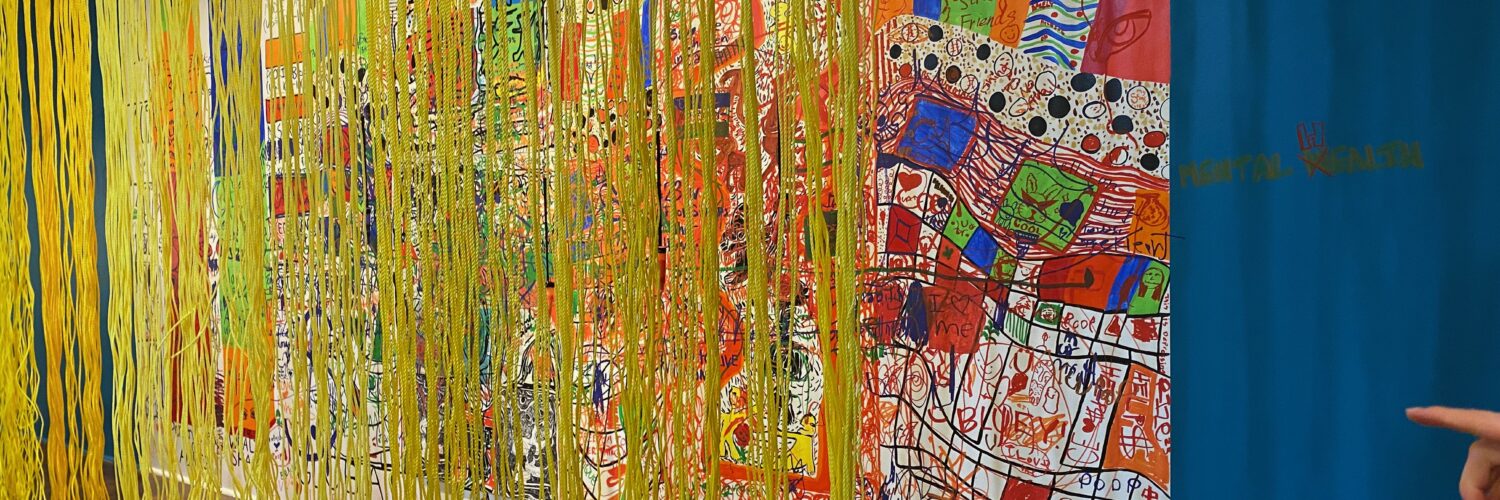
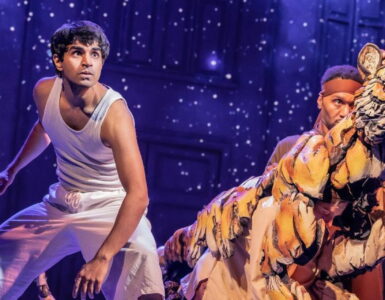
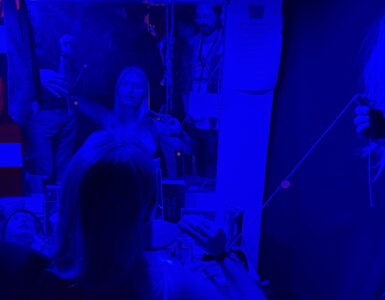
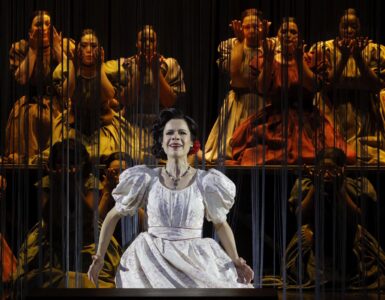

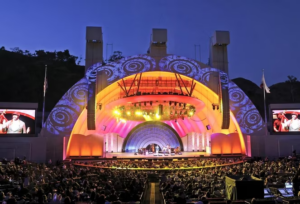
[…] https://www.artsbeatla.com/2023/11/linda-sibio/ […]